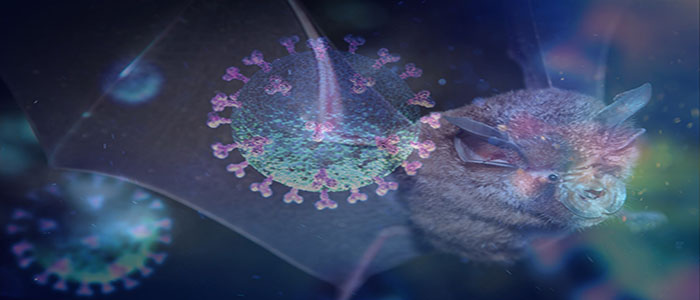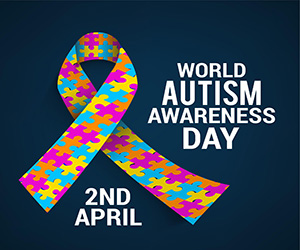It’s easy to get absorbed in panic, social media speculation, hyperbole, or outright lies and deception as we fight through this epic time. However, it’s time to educate yourself about the science around us. In these times of STEM proselytizing let’s take time to investigate the science behind this pandemic. In fact, there’s enough science and history to tell us that “Covid-19” could have been prevented if we only let science and history guide us.
Before the recent report by Richard Engel on MSNBC called “ON ASSIGNMENT WITH RICHARD ENGEL 3/16/20 – OUTBREAK“, where he presented compelling evidence of the role bats play in Covid-19, there was a TED talk by Daniel Streicker in 2018 that investigated how bats hold the clue to any number of emerging viruses.
Before we explore the relationship between bats and Covid-19 let’s take a step back. At its core, Covid-19 is a form of influenza. We have lulled ourselves into a state of calm by referring to influenza as simply the “flu”. We pass it off, for the most part, as a seasonal discomfort and lose sight of the thousands that die from it each year – and that with a vaccine available. Influenza, by its nature, should always be taken seriously. The Center for Disease Control (CDC) defines influenza as “a contagious respiratory illness caused by influenza viruses that infect the nose, throat, and sometimes the lungs. It can cause mild to severe illness, and at times can lead to death. “
So, to start connecting the dots between bats, influenza, and Covid-19 start with the CDC website and go from there. Here are two articles to start your education.
Jason Beaubien, National Public Radio (NPR), explores these live poultry markets, aka wet markets, in more detail in his January article “Why They’re Called ‘Wet Markets’ — And What Health Risks They Might Pose.” Beaubien points out that although the issues in the Chinese market he visited are horrid, similar markets exist throughout the world. The World Health Organization (WHO) reported these finding in 2004: “… on emerging zoonotic diseases, held in Geneva in 2004, defined an emerging zoonosis as “a pathogen that is newly recognized or newly evolved, or that has occurred previously but shows an increase in incidence or expansion in geographical, host or vector range” (www.who.int/zoonoses/emerging_zoonoses/enExternal Link). Through continued alterations in human and animal demographics and environmental changes, new and recurring diseases are likely to continue to emerge.”
There’s a saying that has been attributed to any number of persons but it’s supposed origin was with writer and philosopher George Santayana, and in its original form it reads, “Those who cannot remember the past are condemned to repeat it.” The scientist in the MSNBC special echoes that sentiment best when she observes that, “If the bats were to stay in their caves and their trees and we don’t bother them we’re not going to get sick. Let’s leave them in their own habitat, we stay in ours and then this should limit future pandemics. “
Will we learn?


















Add comment